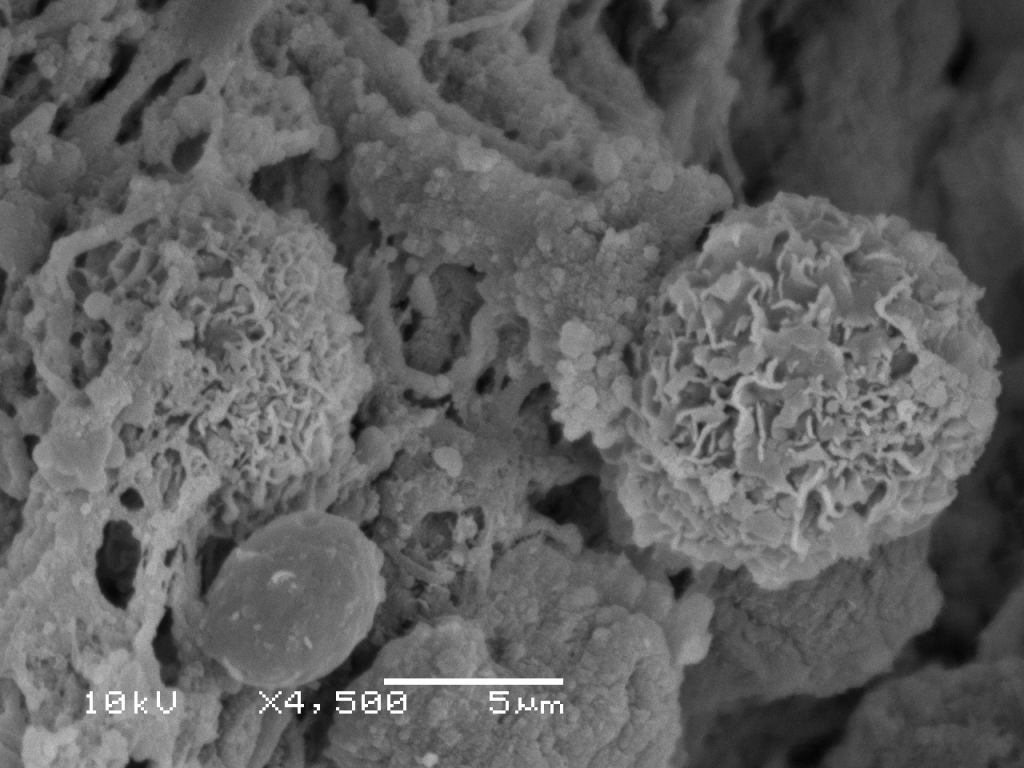
The research, led by Macquarie University’s Surgical Infection Research Group (SIRG) and Professor Anand Deva, Head of the Discipline of Plastic and Reconstructive Surgery at MQ Health, conducted this research in collaboration with a joint task force with members of the Plastic Surgery, Breast Oncology, Hermatology and Oncology and Cosmetic surgical societies. The risk of developing
«Between 2007 and 2016, of the 55 patients diagnosed with
This study has been able to identify with great accuracy the number of cases in Australia and New Zealand thanks to the cooperation of all doctors involved in breast implant surgery, leading breast implant manufacturers who made available their sales data and to the newly established Australian Breast Device Registry which will seek to collect important usage and outcome data for all women with breast implants going forward.
«We knew that growth of bacteria on the surface of breast implants can, over time, cause an increase in stimulation of the lymphocytes, turning them into
The research found that Biocell salt loss textured implants, manufactured by Allergan accounted for 58.7 per cent of implants that developed
The mean time for developing
Clearly, these new findings reinforce the need for surgeons to be aware of the potential infection risks associated with specific types of breast implants and incorporate
«Textured implants offer a perfect hiding place for bacteria. As well as this, we have found implants with a higher surface area grow bacteria quicker. The best way to prevent bacterial attaching onto implants is through proven surgical strategies and preventing bacterial contamination at the time the implant is placed in surgery» said Professor Deva.
The research has also sparked serious concerns about a potential increase in cases of
«Projections of implant sales show a significant increase in the number of textured implants being used in the past five years. As the average time to development of this disease is eight years, we are concerned the number of cases could rise exponentially," said Professor Deva.
«We strongly recommend that women in Australia and New Zealand ensure they get their breast implants checked regularly and seek medical attention if they are concerned about any change in size, shape or symptoms associated with their breasts following surgery. We are working with government, industry and regulatory authorities to make sure there is an adequate monitoring system in place and that both women and doctors are well informed.»
Professor Deva was one of a group of specialists to recently join MQ Health and has garnered international acclaim for his work to minimise
«The newly formed MQ Health, with its world class facilities and drive to connect clinical research to better patient outcomes, is vital to the success of research projects like this one," said Professor Deva.
«At MQ Health we are very
Further translational research being undertaken by SIRG is focused on revolutionary


